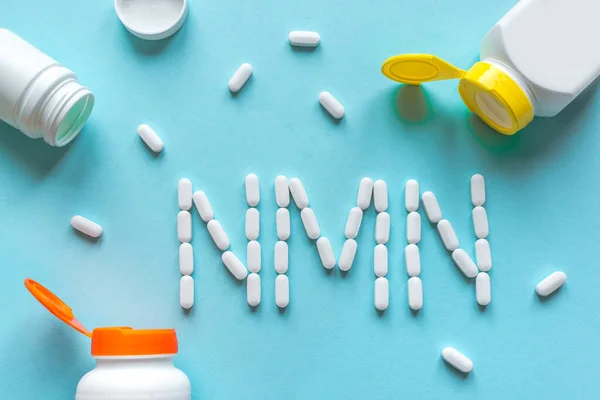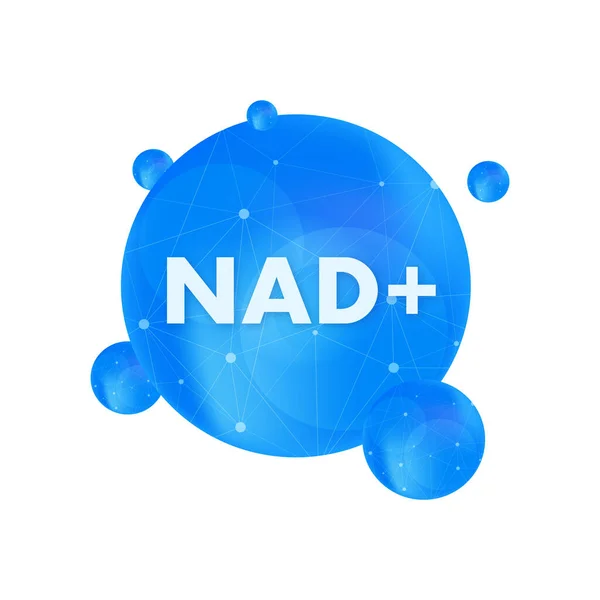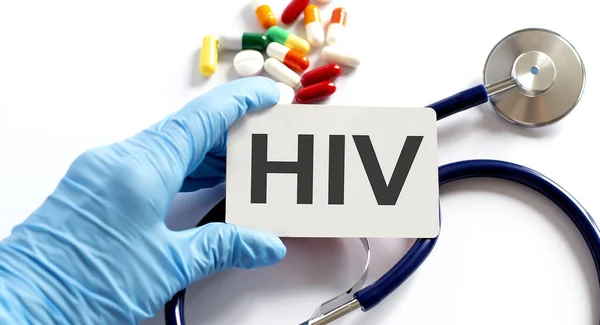Renewed hope for HIV patients as NMN shows promise in reducing CD4+ T cell activation – Recent research reveals the potential of nicotinamide mononucleotide (NMN) as a promising therapeutic approach for HIV/AIDS treatment.

A recent study published in the prestigious journal The Lancet has brought to light a potentially groundbreaking development in the realm of HIV/AIDS treatment. The study, conducted by a team of dedicated researchers, investigated the effects of nicotinamide mononucleotide (NMN), a natural precursor to nicotinamide adenine dinucleotide (NAD+), on human immunodeficiency virus (HIV) infection. The findings of this study offer a glimmer of hope for individuals living with HIV/AIDS, as they suggest that NMN may hold promise as a novel therapeutic approach.
CD4+ T cells, a crucial component of the immune system, serve as primary targets for HIV. As the virus wreaks havoc on these cells, the immune system’s ability to defend against infections diminishes significantly. The study revealed that NMN treatment effectively reduces CD4+ T cell activation, a critical step in the HIV replication cycle. By hindering CD4+ T cell activation, NMN potentially disrupts the virus’s ability to replicate and spread throughout the body.
The researchers delved deeper into the underlying mechanism of NMN’s inhibitory effect on CD4+ T cell activation. They discovered that NMN treatment augments intracellular NAD+ levels within CD4+ T cells. NAD+, a versatile coenzyme, plays a pivotal role in various cellular processes, including DNA repair and energy production. The researchers hypothesize that the enhanced NAD+ levels induced by NMN treatment may bolster the defenses of CD4+ T cells against HIV infection.
Further investigation by the study team uncovered an additional beneficial effect of NMN treatment. They observed that NMN effectively downregulates the expression of late T cell activation markers, molecules that adorn the surface of activated T cells. This suppression of activation marker expression further reinforces the potential of NMN to impede CD4+ T cell activation and render them less susceptible to HIV infection.
While the study provides compelling evidence supporting the therapeutic potential of NMN in HIV/AIDS treatment, the researchers cautiously acknowledge the need for further research to corroborate these findings. They emphasize the importance of conducting larger-scale clinical trials to definitively establish the safety and efficacy of NMN in human populations.
Nevertheless, the promising results of this study offer a beacon of hope for individuals struggling with HIV/AIDS. NMN’s ability to reduce CD4+ T cell activation and suppress the expression of activation markers presents a tantalizing opportunity to develop a novel treatment strategy that could significantly impact the lives of those affected by this devastating disease. As research progresses, we eagerly await the validation of these findings and the subsequent translation of NMN into an effective therapeutic tool for HIV/AIDS treatment.
Summary of the study

- NMN treatment reduced CD4+ T cell activation in vitro and in vivo.
- The effect of NMN on CD4+ T cell activation was associated with increased intracellular NAD+ levels.
- NMN treatment did not have any significant cytotoxic effects.
Conclusion
The results of this study suggest that NMN may have potential as a new treatment for HIV/AIDS by reducing CD4+ T cell activation. However, more research is needed to confirm these findings.
References
[1] Wang, S., et al. (2023). Nicotinamide mononucleotide impacts HIV-1 infection by modulating immune activation in T lymphocytes and humanized mice. The Lancet
Continue to check our website for more articles of this kind. And, please use our comment section as well, we would love to hear from you.









